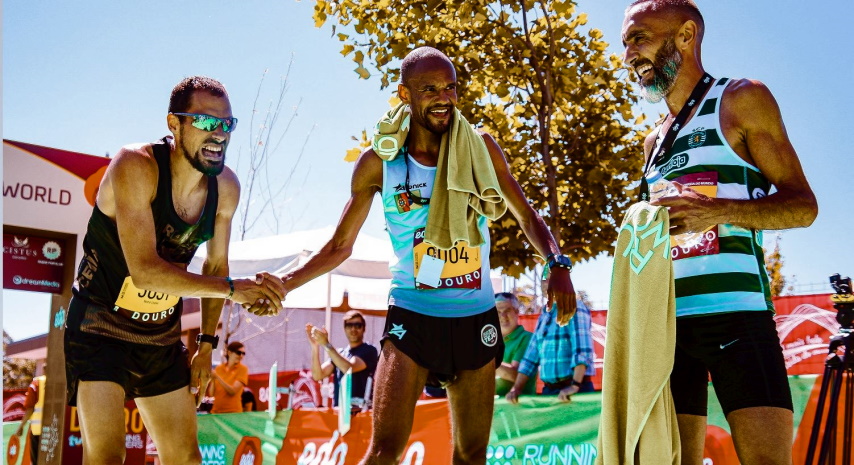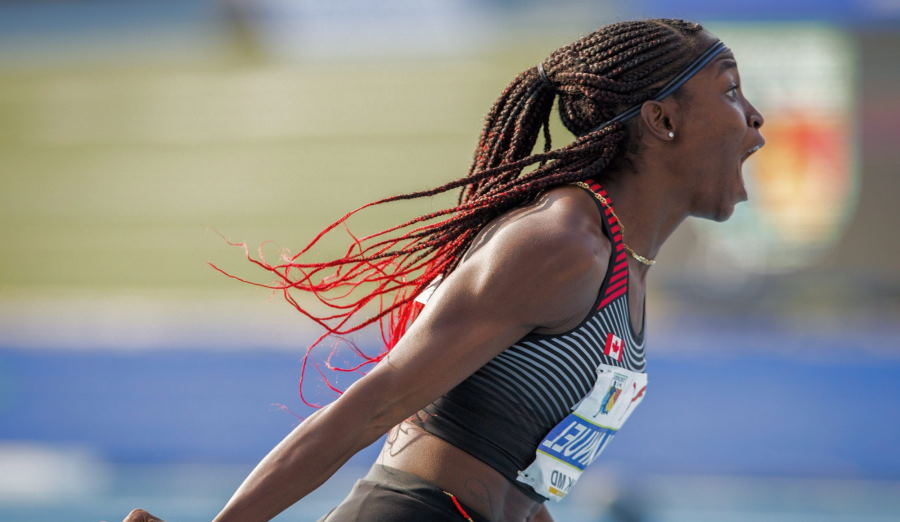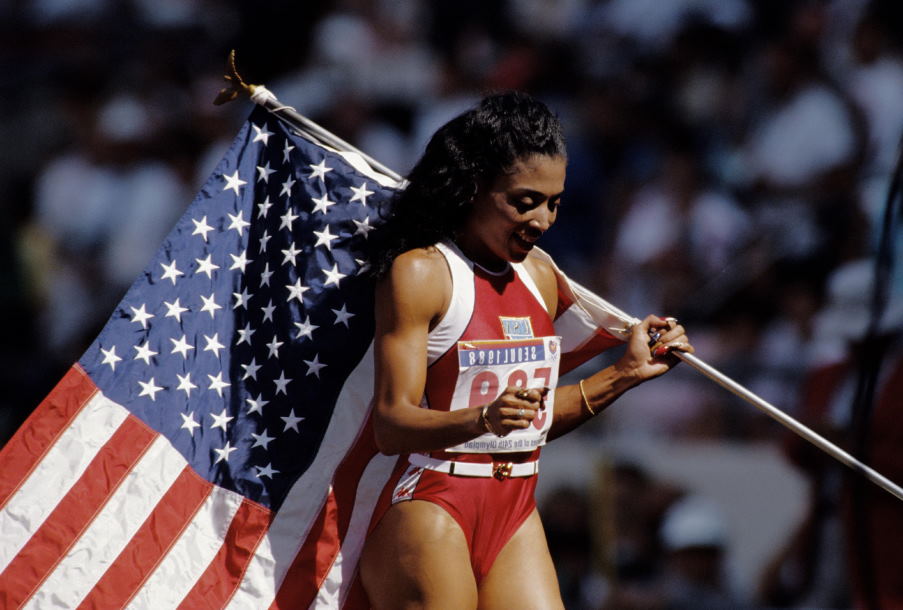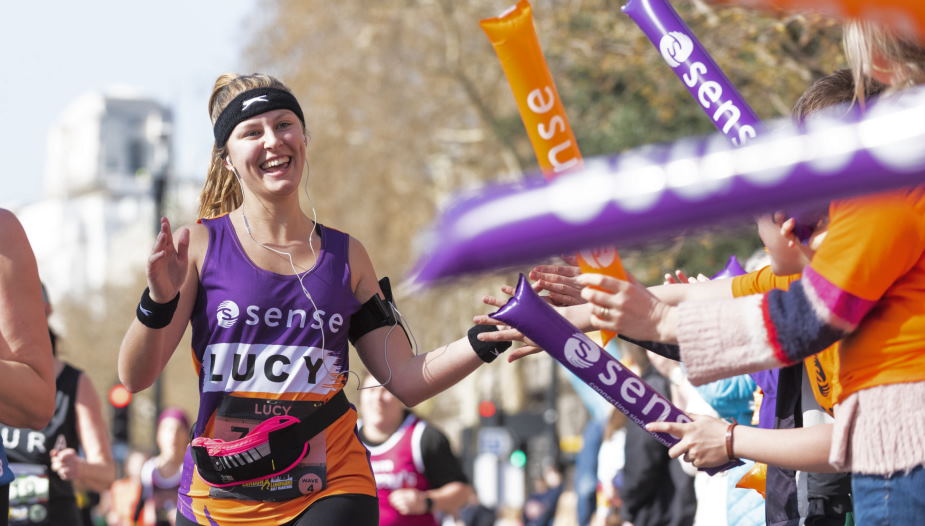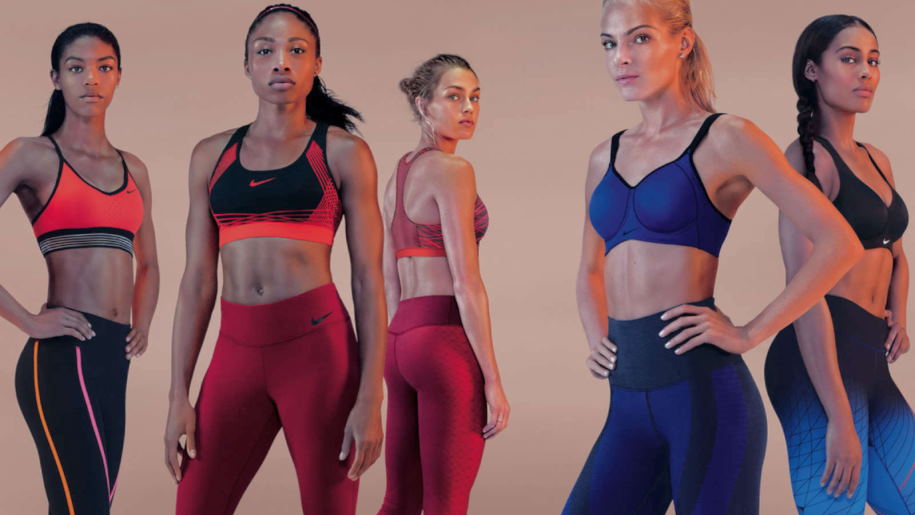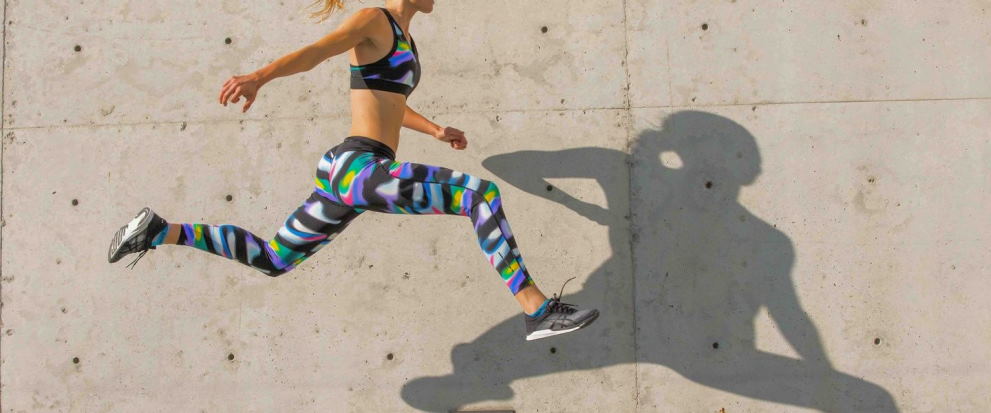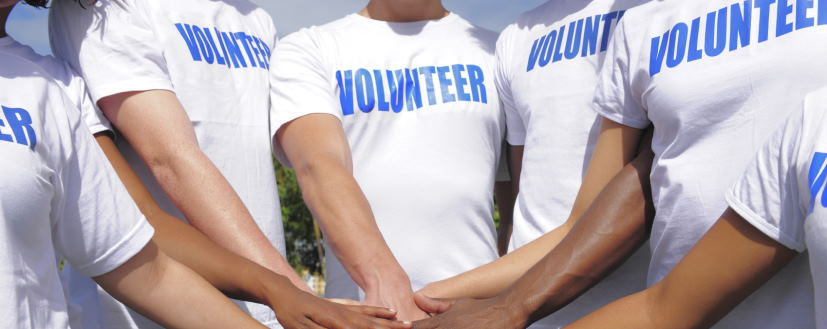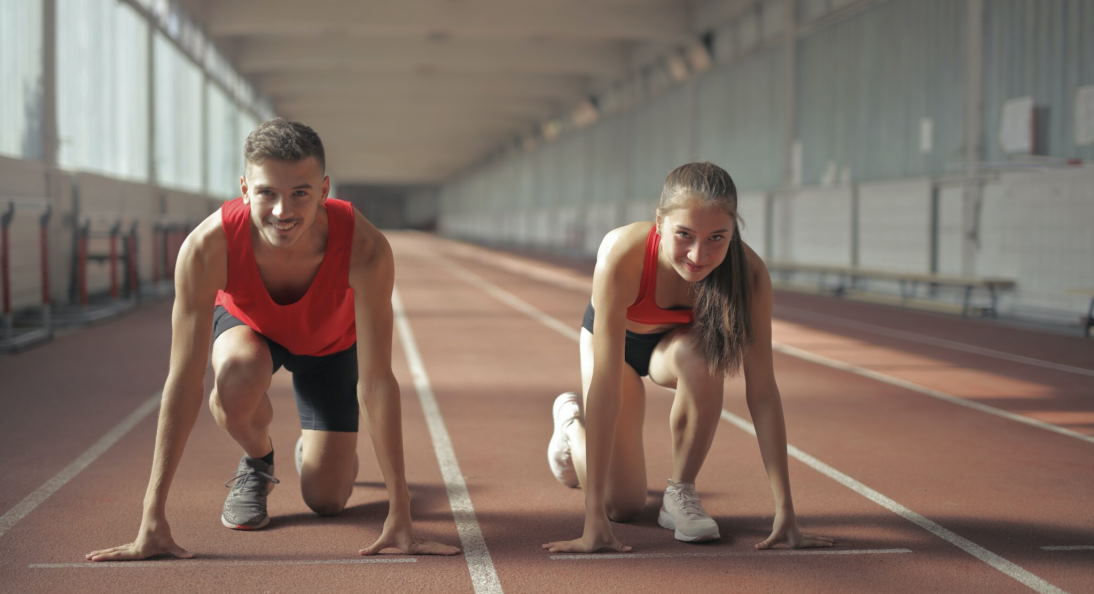Participating in charity sports events can be a great way to do some good while also challenging yourself athletically. But it can be hard to
Read MoreEmpowering Women Through Sport Athletics
We all know the importance of sport and physical activity in maintaining our health and well-being. However, did you know that sports can also play
Read MoreThe Surprising Effects of Running on the Female Body
Did you know that running can have surprising effects on the female body? We often think of running as a good way to exercise, but
Read MoreThe Positive Impact of Professional Athletes on Society
It’s no secret that professional athletes are some of the most popular people in society. But what you may not know is that they also
Read MoreTypes of Charity Sporting Events That Will Help You Make a Difference
Making a difference in the world can sometimes feel like an impossible task. But there are many small ways that we can all help to
Read MoreWays You Can Support Women in Sports
Women have been making great strides in the world of sports in recent years. From becoming more involved in coaching and administrative roles to setting
Read MoreWays Athletes Can Mentally Prepare For Competition
No matter how physically prepared you are for competition, your mental game is just as important. Athletes who can control their thoughts and emotions and
Read MoreGreat Sports Volunteer Opportunities You Can Get Involved in Today
Sports are a great way to get involved in your community and make a difference. If you’re looking for a way to give back, plenty
Read MoreSports Fundraising Ideas Guaranteed to Help You Raise More Money
Don’t know where to start when it comes to sports fundraising? You’re not alone – raising money for a sports team can be tough. But
Read MoreThe Battle For Gender Equality in Sport
The women’s sports movement has come a long way since its humble beginnings in the late 19th century. From establishing professional leagues and organizing world-class
Read More
